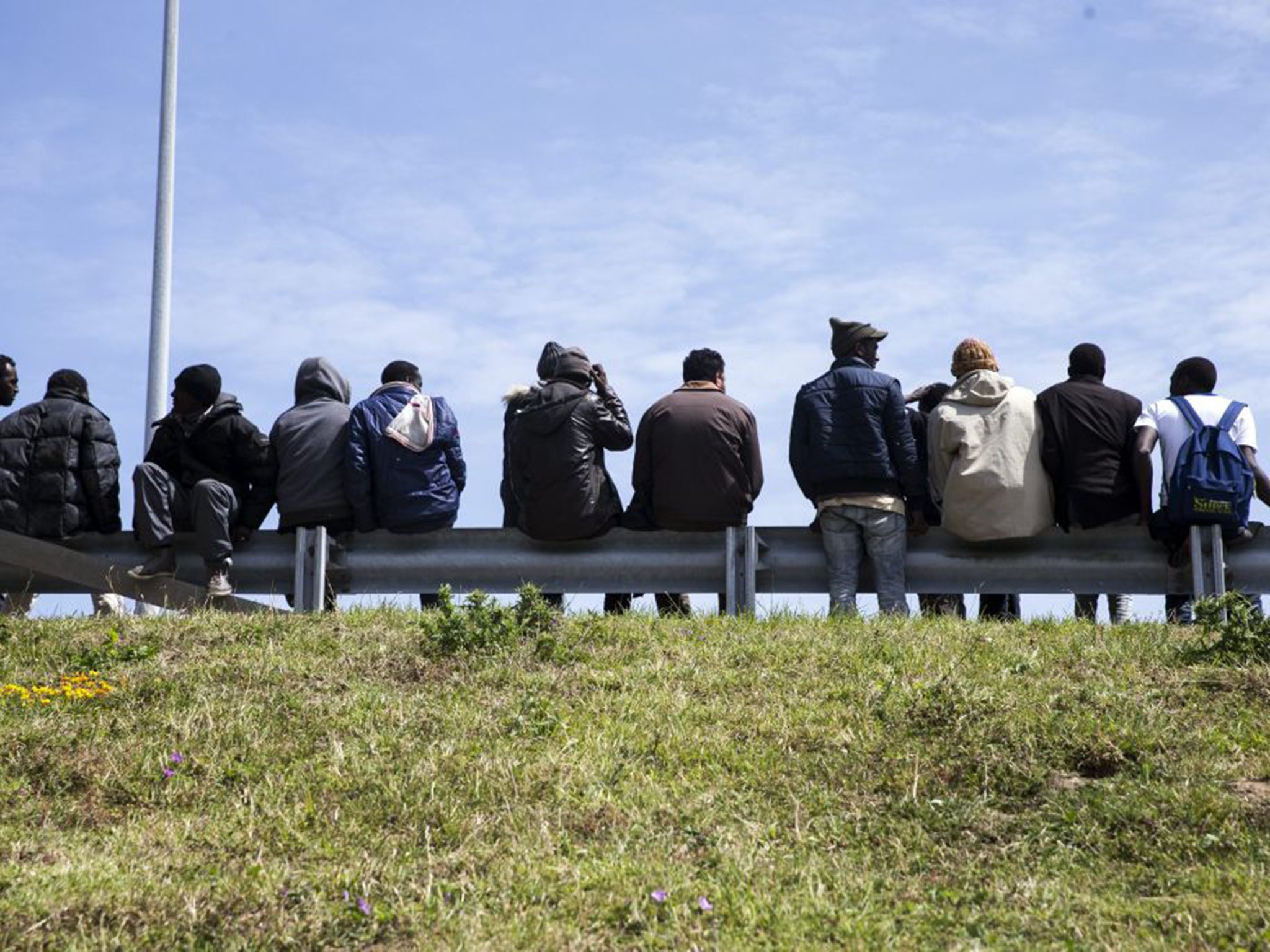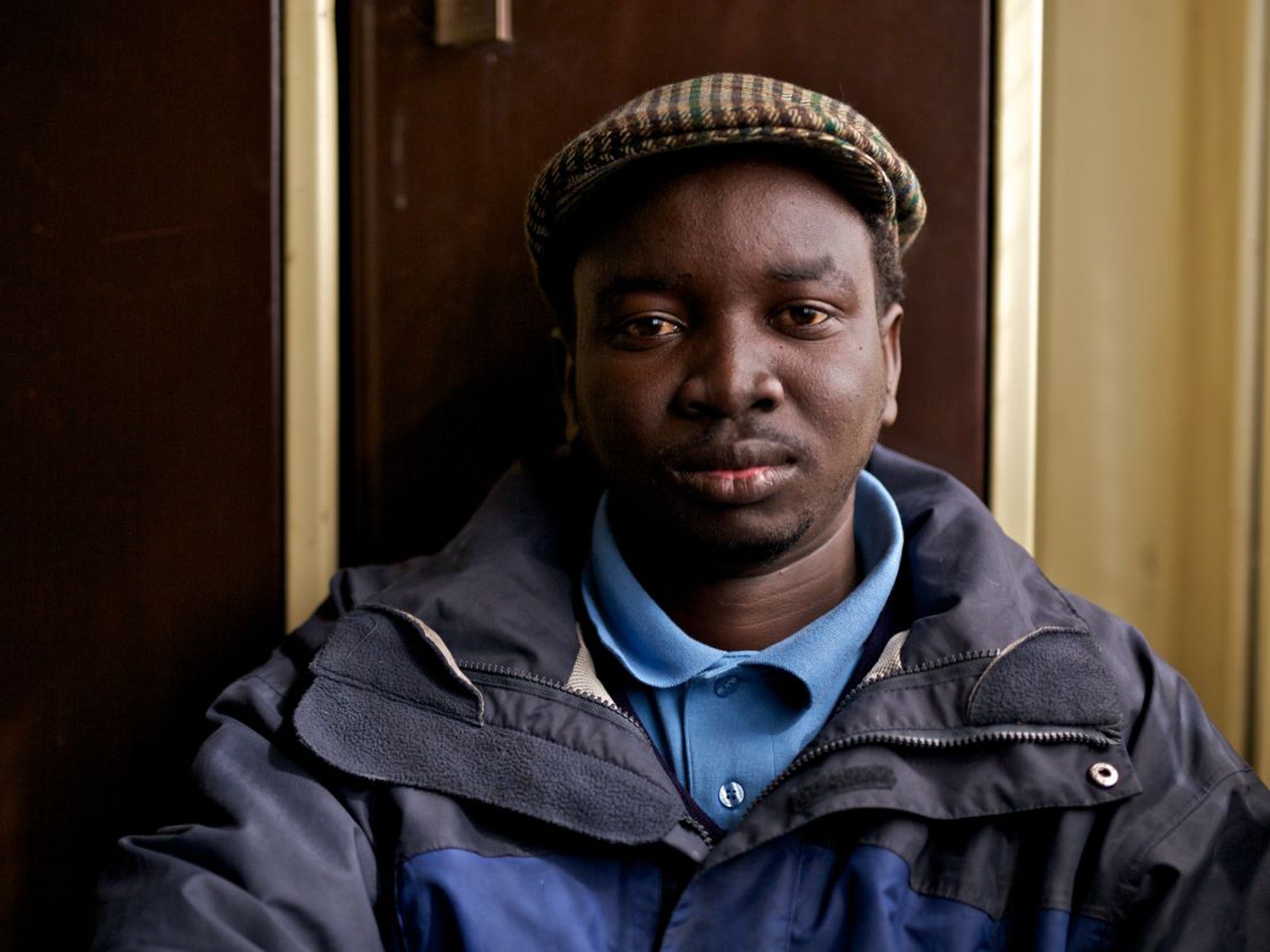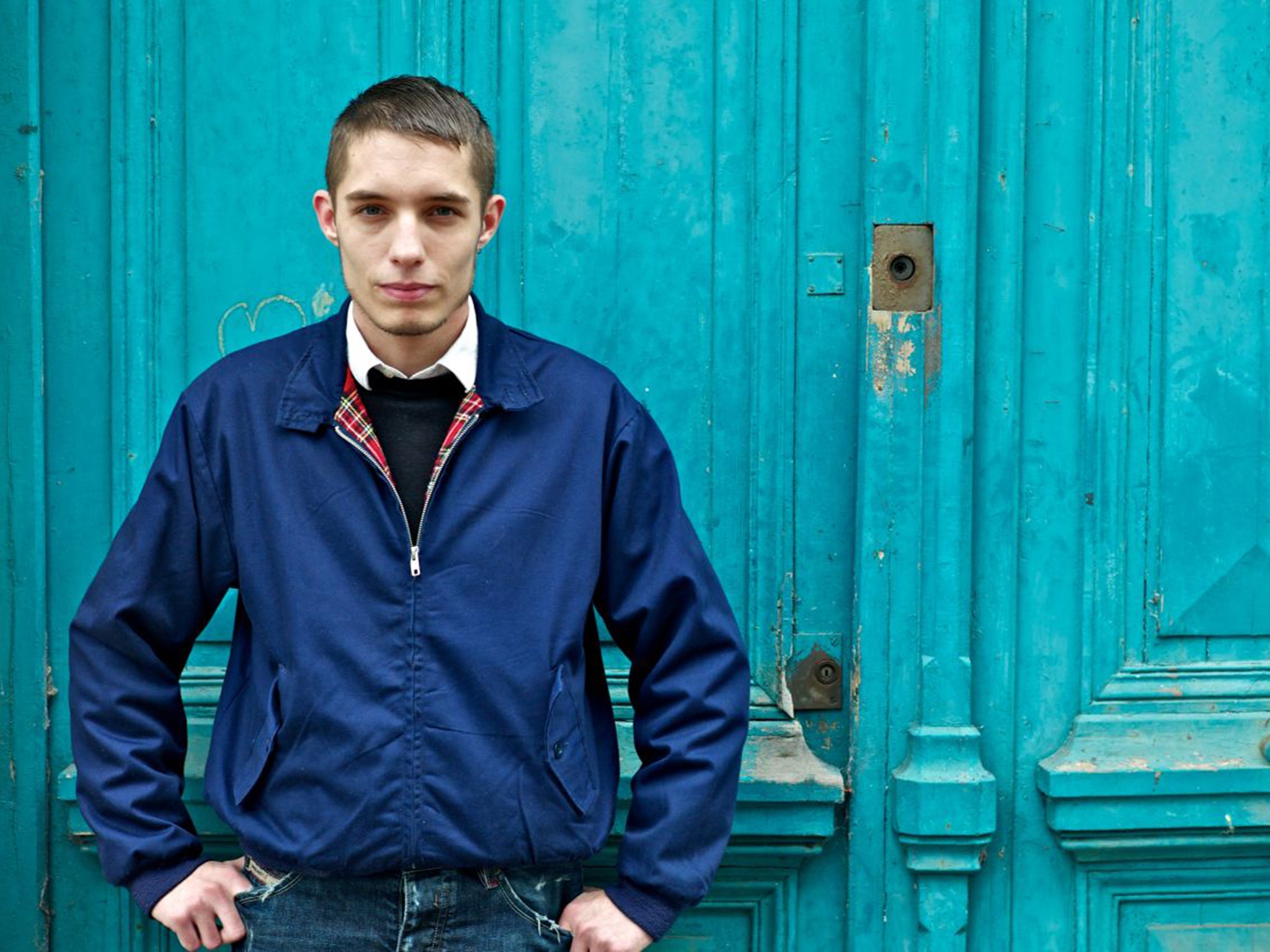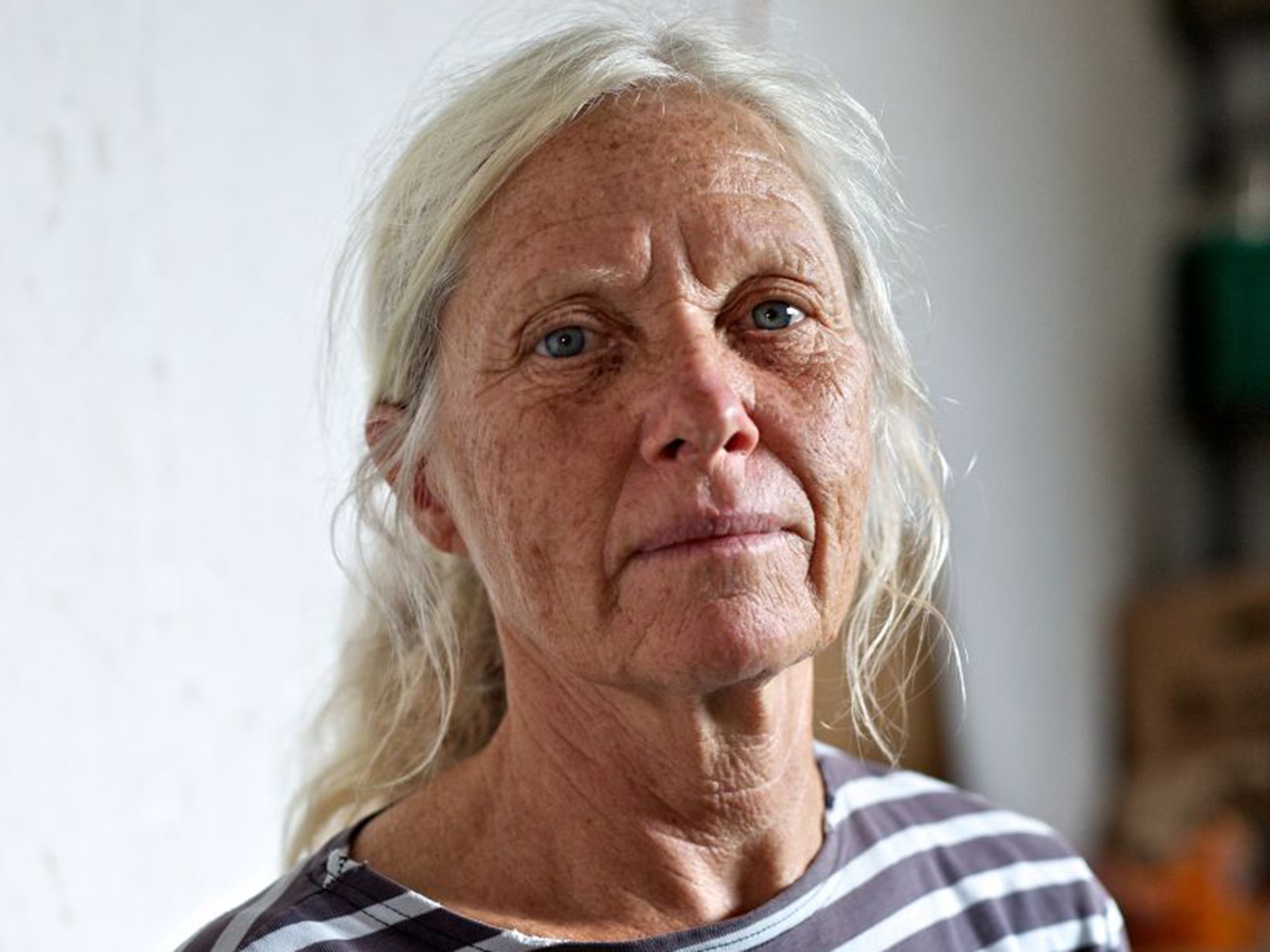Calais crisis: New faces, but the same old story
Hundreds of migrants in limbo face growing opposition from local residents

Your support helps us to tell the story
From reproductive rights to climate change to Big Tech, The Independent is on the ground when the story is developing. Whether it's investigating the financials of Elon Musk's pro-Trump PAC or producing our latest documentary, 'The A Word', which shines a light on the American women fighting for reproductive rights, we know how important it is to parse out the facts from the messaging.
At such a critical moment in US history, we need reporters on the ground. Your donation allows us to keep sending journalists to speak to both sides of the story.
The Independent is trusted by Americans across the entire political spectrum. And unlike many other quality news outlets, we choose not to lock Americans out of our reporting and analysis with paywalls. We believe quality journalism should be available to everyone, paid for by those who can afford it.
Your support makes all the difference.Abdallah wore a tweed cap, a heavy coat and an air of resignation. At 28 he had already seen too much. Militia in South Sudan had murdered five of his relatives, including his brother, Ayman.
Three years ago, he left his home in search of a new life, vowing to “never, ever give up”. He ended up, like so many others, in Calais, where he found a makeshift home with more than 200 other migrants in “Fort Galloo”, a vast squat located in a former metal-recycling plant. “This is a safe place,” he told me. “They give you a home and ask you about your problems.”
Abdallah desperately wanted to get to the UK and spent his days – and nights – trying to hide in cars or trucks that he hoped would transport him across the Channel. Once he climbed inside the boot of a car only to find himself ejected by the driver near France’s border with the Netherlands and spent two days walking back to Calais. Was the driver angry? “No,” he said with a wary smile. “He apologised and said ‘you are not lucky today’.”
Abdallah no longer lives in the squat. French police armed with a court order evicted the migrants earlier this month. They arrested more than 60 people – the rest fled to other squats and the open-air camps known as “jungles”. Calais Migrant Solidarity, the activist group that provided basic services to the squat’s residents, said Abdallah’s whereabouts are unknown.
Calais was in the news again last week when hundreds of migrants tried to exploit the disruption caused by a ferry strike to climb in, on and beneath lorries bound for the UK. Skirmishes between weary French police and small groups of agile young men from Africa and the Middle East were broadcast on the evening news; politicians in France and the UK accused each other of failing to protect borders.
A day later, the situation in Calais was said to have “calmed down” and the cameras turned away. But for the migrants eking out a life in the town’s squats and camps, and for the people of Calais who find themselves at the centre of the EU’s migrant crisis, there is no respite.
If Kevin Reche had his way, Abdallah and the other migrants would be forcibly removed not just from Calais, but France as well. The 21-year-old founder of Sauvons Calais, an anti‑migrant group formed in 2013, has a swastika tattooed on his chest but insists he is a “nationalist, not a fascist”.

I met him late last year outside the Calais town hall, and what happened next was chilling. As we walked towards the train station in search of a café, a shaven-headed youth wearing a white tracksuit top crossed our path. The two men barely acknowledged each other, but the stranger suddenly thrust out his right arm and made the quenelle, a salute the French government views as racist and anti-Semitic. Mr Reche stared straight ahead, impassive; the interloper lowered his arm and walked away.
Ten minutes later, Mr Reche and I sat facing each other over a table in the drab café attached to the station. He did not mention the stranger or the salute, but the atmosphere was tense. His eyes darted around the room and our conversation was punctuated by his ringtone, an air raid siren. Mr Reche was not alone: on red vinyl chairs on either side of us were five of his lieutenants – protection, he said, against the “anti-fascists”. “They threaten me all the time,” he said with a nonchalance that felt studied. “It’s one of the reasons I have security.”
I asked him if he hated the migrants who are flocking to his town in increasing numbers. No, he said. “But I’ve had enough. This is not their country but they are imposing themselves and people are going mad.” Would he ever take matters into his own hands in the absence of a negotiated solution? “We are too few,” he said. “If ever it has to come to that, we will work with the police.”

Mr Reche insisted that membership of Sauvons Calais was burgeoning and claimed an increasing number of Calais residents were “keeping weapons at home”. But he admitted that Calais is divided over the migrant issue. Many people are ambivalent, others are openly supportive of the foreigners, a situation Mr Reche blamed on “lies” told by the left-wing, politically correct Parisian media.
One of those determined to help the migrants is Maya Konforti, a 60-year-old volunteer with L’Auberge des Migrants, a charity that provides migrants with clothing and a daily meal. She has no sympathy for Mr Reche’s sense of outrage. A tenacious woman who commands the unruly food distribution sessions at the Quai de la Moselle with steely determination, she simply refuses to turn a blind eye to the migrants’ plight.
“You can’t live near these people and do nothing,” she told me as she and a team of volunteers stuffed hundreds of plastic bags with donated bread, fruit and boxes of juice at the charity’s headquarters in the countryside near Calais. It’s the women with young children – many of them from Eritrea – that upset her the most. “We’ve had people to stay with us at home. You develop quite close relationships with some of them,” she said.

This week, whether or not the television cameras are in Calais, Ms Konforti will be busy distributing food and clothing to a growing band of migrants. Mr Reche will be busy too, recruiting disenchanted Calaisiens and Calaisiennes to his cause via Facebook, Twitter and a series of increasingly vociferous rallies.
As for Abdallah, he might be in England, but it seems unlikely. Chances are he will still be looking for that car or truck which he fervently believes will change his life.
Join our commenting forum
Join thought-provoking conversations, follow other Independent readers and see their replies
Comments